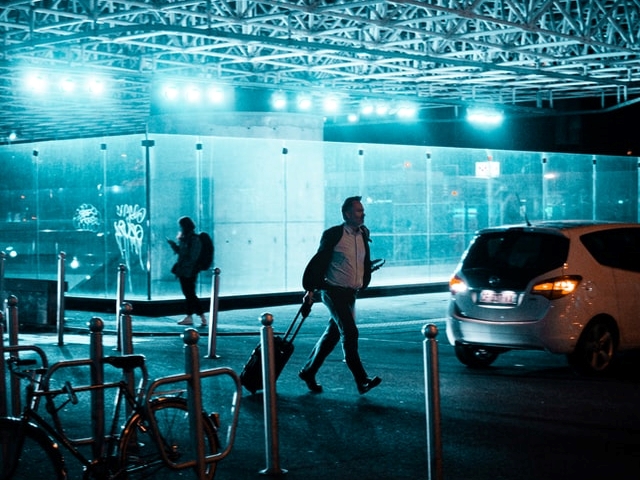The term deportation is different from a “do not land” or rejection to enter at the border.
Recently, the famous preacher from Indonesia, Ustaz Abdul Somad (UAS), admitted that he had been deported by the Singaporean government. However, their reference to deportation has been disputed as not completely accurate.
The Indonesian Ambassador to Singapore, Suryopratomo, said that UAS was not allowed to enter Singapore at the border due to not meeting the criteria for foreigners visiting the country.
Reflecting on this case, how are the arrangements for the deportation and rejection of foreigners from Indonesia?
Both deportation and “do not land” or rejection are closely related to the field of immigration and are regulated in law number 6 of 2011 concerning immigration. This states that deportation is an immigration administrative action carried out by forcibly removing foreigners from the territory of Indonesia.
In this situation, the authorities are immigration officials. Although it is a forced act, its implementation must not violate human values and human rights.
Meanwhile, “do not land” is a refusal of entry at national borders or an immediate refusal to enter at an immigration checkpoint in a country.
“If he referred to the immigration checkpoint, then he didn’t land, that’s a “do not land”,” said the Immigration Analyst Functional Officer of Immigration Checkpoint at Makassar Class I Immigration Office, Lucky Karim, as quoted from the Tribunnews Hukum Kacamata on Thursday 26th May 2022.
According to article 13 of law number 6 of 2011, here are ten factors that can cause a foreigner to be refused entry into Indonesia:
- The foreigner’s name is on the deterrence list;
- They do not have a valid travel documents;
- Immigration documents are fake;
- No visa, except for those who are exempt from the obligation to have a visa;
- Has given incorrect information when obtaining a visa;
- They are suffering from an infectious disease that endangers public health;
- They have engaged in international crimes and organised transnational crimes;
- They are included on the list of people being sought for arrest by a foreign country;
- They engage in treason activities against the government of the Republic of Indonesia; or
- They are part of a network that practices or is active in prostitution, human trafficking, and people smuggling.
The process to reject a foreigner from Indonesia
Karim went on to explain that foreigners who arrive at the transit point are checked at the Immigration Checkpoint for identity checks and travel documents. If they do not meet the requirements or their name is included in the banned list, then they are not landed, or rejected.
Then, according to the book “Detention and Deportation, Substantive Technical for Immigration Supervision“ by Oldarina Asri Herawaty and Sugiyo, it is explained that a person who is deported can be placed in a detention centre or an immigration detention cell. The space is used to temporarily accommodate foreigners who are refused entry to the country to wait for the repatriation process.
“The process of refusal and deportation is carried out at the Immigration Checkpoint. If a foreigner lands and gets rejected, then it is our obligation to return these people,” continued Karim.
“We give an example at the airport: the immigration officer will immediately return the foreigner to their country of origin, in the sense of the country of origin of the last flight before they are rejected. However, if the plane has departed, we wait for the next departure while we place the foreigner in a detention cell. They aren’t in prison or isolated, this is for security before they’re dispatched.”




